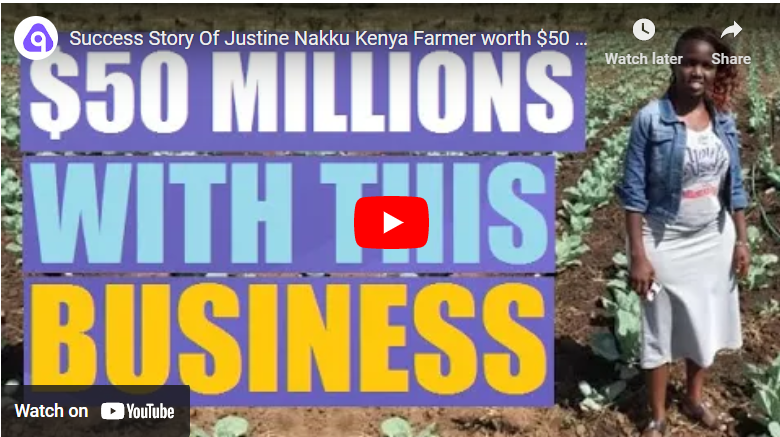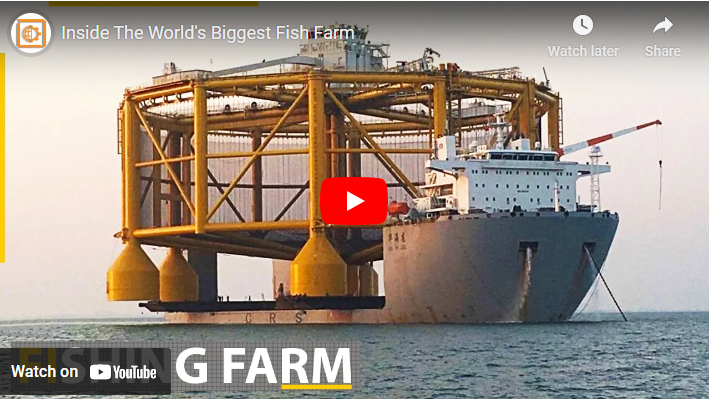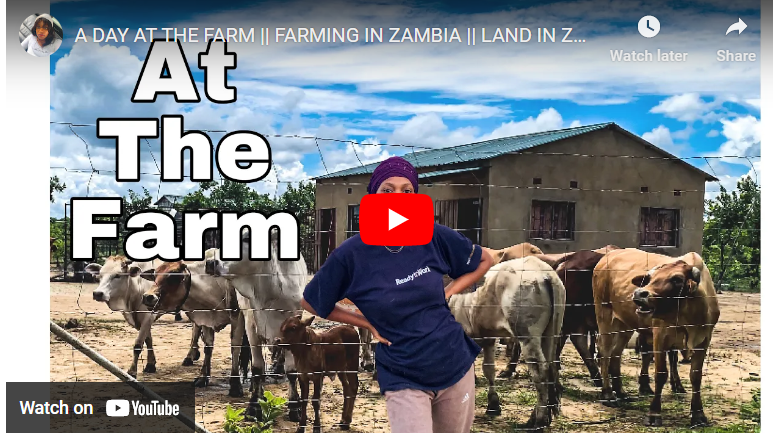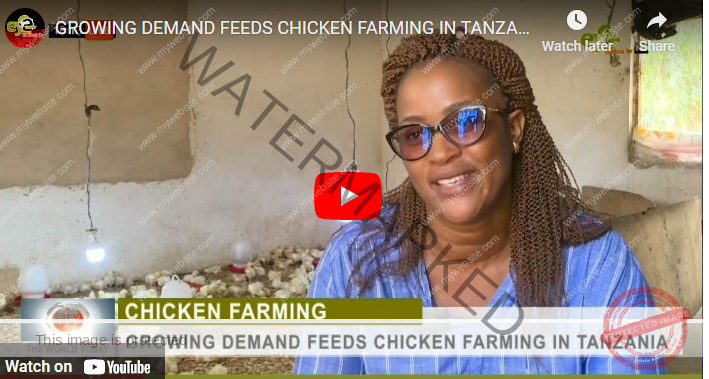Farming is a fundamental pillar of the American economy, serving as a critical source of food and raw materials for numerous industries. It plays a vital role in contributing to the nation’s GDP and generating employment opportunities for millions of individuals.
Stewart and Lynda Resnick, owners of The Wonderful Company, and Harry Stine, founder of Stine Seed Company, are among the richest farmers in the US. Their agricultural ventures and innovative approaches have led to immense wealth and significant contributions to the industry.
We will delve into the profitability of farming in America, while also shedding light on the challenges faced by farmers. Moreover, we will explore the impact of technology, sustainability practices, and government policies in shaping the future of American agriculture.
Top Wealthiest Farmers in USA Right Now
To grasp the remarkable achievements of the richest farmers in America, one must recognize the intricate blend of elements that have propelled their success.
These farmers have embraced innovation, harnessed cutting-edge technology, adopted sustainable farming practices, and implemented strategic vertical integration.
Read Also: Top 5 Richest Farmers in UK
Their astute utilization of resources and expertise has led to the establishment of highly profitable and sustainable agricultural enterprises.
Here, we present a list of the wealthiest farmers in America, who exemplify the pinnacle of accomplishment in the industry.
#1. Bill Gates
Net Worth: $114 Billion
Bill Gates, renowned as a technology mogul, has extended his entrepreneurial prowess to the agricultural realm, solidifying his position as one of the wealthiest landowners in the United States.
Beyond his well-known achievements in the technology sector, Gates has made strategic investments in farmland through his investment firm, Cascade Investment.
Read Also: Richest Farmers in England
His extensive land holdings span across multiple states, highlighting his commitment to the agribusiness sector.
With an estimated net worth of billions, Gates’ agribusiness ventures have contributed significantly to his overall wealth.
While specific details regarding his farming operations and agribusiness endeavors are not readily available, his involvement in farmland ownership underscores his recognition of the agricultural sector’s importance in providing food security and sustaining economies.
Read Also: Top 5 Richest Farmers in the Philippines
As a prominent figure in both the technology and agricultural industries, Gates continues to leverage his resources and influence to drive innovation and seek sustainable solutions for the global food system.
Through his diverse portfolio and commitment to agricultural investments, Gates exemplifies the fusion of technology and farming, embodying the transformative potential that lies at the intersection of these industries.
#2. Stewart and Lynda Resnick
Net Worth: $7.6 Billion
Stewart and Lynda Resnick, with a net worth of $7.6 billion, have gained recognition as prominent figures in the agricultural and consumer goods industry.
Their partnership, both in business and marriage since 1973, has propelled them to great success.
Read Also: Top 5 Richest Farmers In Ontario
At the heart of their achievements lies The Wonderful Company, a privately held enterprise that boasts a diverse range of products. POM Wonderful, renowned for its pomegranate-based juices and teas, stands as one of their flagship brands.
The company also produces other well-known products such as Wonderful Pistachios, Wonderful Halos mandarins, and Fiji Water.
The Wonderful Company operates a thriving greenhouse farming business, specializing in tomatoes, peppers, and cucumbers.
Stewart and Lynda Resnick’s agricultural ventures extend beyond consumer goods. They own extensive agricultural land in California’s Central Valley, making them the largest growers of almonds and pistachios globally.
Read Also: Top Richest Farmers in Florida
Their agricultural operations also encompass citrus groves and vineyards. With a commitment to innovation and sustainability, the Resnicks employ practices like drip irrigation and solar energy to maximize efficiency and minimize waste.
Beyond their business success, the Resnicks are notable philanthropists. Their generous contributions have supported education, healthcare, and environmental causes, making a positive impact in these realms.
They have established the Wonderful Community Grants program, which provides funding to non-profit organizations in the Central Valley, focusing on initiatives related to education, health, and community development.
#3. Harry Stine
Net Worth: $5.5 Billion
Harry Stine, with a net worth of $5.5 billion, has emerged as a prominent figure in the agricultural industry, leaving an indelible mark through his groundbreaking work with Stine Seed Company.
Founded in 1964 in Adel, Iowa, Stine Seed Company has grown to become the largest private seed company globally, specializing in the development of genetically modified seeds for crops like corn and soybeans.
As a pioneer in genetically modified crops, Harry Stine has dedicated his career to enhancing crop yields and augmenting food production on a global scale.
His contributions have revolutionized the agricultural landscape, transforming the way farmers cultivate their crops and unlocking new possibilities for increased productivity.
Under Stine’s astute leadership, the Stine Seed Company has experienced substantial expansion, blossoming into a multibillion-dollar enterprise.
The company has diversified its offerings, creating an extensive portfolio of seed products tailored to various crops and markets, including soybeans, corn, and wheat.
Through significant investments in research and development, Stine Seed Company remains at the forefront of agricultural technology.
In addition to his accomplishments in the agricultural sector, Harry Stine has been a notable philanthropist, generously donating millions of dollars to initiatives related to agriculture and education.
His contributions have furthered the advancement of these fields and positively impacted numerous individuals and communities.
While Stine’s legacy as a pioneer in genetically modified crops has garnered both admiration and scrutiny, his impact on the agriculture industry is undeniable.
The heightened food production and improved crop yields resulting from his work have had far-reaching implications.
Harry Stine stands as a respected and influential figure in the realm of farming, leaving an enduring legacy of innovation and dedication to the betterment of agriculture.
#4. Tony Perich
Net Worth: $2.8 Billion
Tony Perich, a highly successful businessman, has earned recognition as one of the richest farmers in the United States.
He co-owns the Perich Group, a prominent family-owned enterprise with a legacy spanning over a century.
The Perich Group is a diversified conglomerate involved in a range of industries, such as cattle farming, property development, and commercial real estate.
In the 1980s, the Perich family expanded their farming operations to the United States, establishing a significant presence in California.
They own and manage multiple farms in the state, with a primary focus on dairy farming. To ensure top-notch milk production, the family has made substantial investments in cutting-edge technology and equipment, maintaining their commitment to delivering the highest quality products.
Tony Perich’s leadership and vision have played a pivotal role in the success of the family business. Actively involved in day-to-day operations, he oversees farming activities and devises strategic business plans. His dedication, entrepreneurial spirit, and management acumen have driven the growth and expansion of the Perich Group.
Beyond his achievements in agriculture and business, Tony Perich is known for his philanthropic endeavors.
He and his family have generously donated millions of dollars to various charitable causes, with a focus on healthcare, education, and community development.
With a net worth estimated at $2.8 billion, according to Forbes, Tony Perich ranks among the wealthiest farmers in America.
His exceptional accomplishments in farming and business serve as a testament to his relentless work ethic, unwavering commitment, and entrepreneurial drive.
#5. Howard Graham Buffett
Net Worth: $200 Million
Howard Graham Buffett, with a net worth of $200 million, is an esteemed farmer and philanthropist committed to enhancing agriculture and food security on both local and global scales.
As the son of renowned investor Warren Buffett, Howard’s upbringing in Omaha, Nebraska instilled in him a deep appreciation for farming.
After completing his education, he returned to Nebraska to assume responsibility for his family’s 400-acre farm.
Over the course of time, Howard has expanded his agricultural enterprises and currently possesses and oversees a farm spanning 1,500 acres in Decatur, Nebraska.
This farm focuses on cultivating crops such as corn, soybeans, and alfalfa, with Howard’s reputation rooted in his adoption of innovative and sustainable farming practices.
In addition to his farming endeavors, Howard is actively involved in philanthropy.
He serves as the chairman and CEO of the Howard G. Buffett Foundation, which concentrates on advancing agriculture and food security in developing nations.
The foundation’s substantial investments are directed towards empowering smallholder farmers, facilitating improved crop yields, enhancing soil health, and expanding market access.
6. John Malone:
While primarily known as a billionaire media mogul, John Malone has also invested in large-scale agricultural operations. His vast land holdings, particularly in ranching and forestry, contribute to his status as one of the richest farmers in the US. Malone’s business acumen and diverse investments extend to the agricultural sector.
7. David H. Murdock:
David H. Murdock, former owner of Dole Food Company, has amassed significant wealth through his agricultural ventures. With a focus on the production and distribution of fruits and vegetables, Murdock’s empire has made him one of the richest farmers in the US. His contributions to the agricultural industry have spanned decades.
8. Gordon and Betty Moore:
Known for their philanthropy and environmental conservation efforts, Gordon and Betty Moore also have extensive agricultural holdings. Through their investments in ranches and timberlands, they have become influential figures in the agricultural sector. The Moore Foundation continues to support sustainable farming practices and land stewardship.
9. Ernest Gallo Family:
The Gallo family, founders of E & J Gallo Winery, have not only achieved tremendous success in the wine industry but have also become wealthy farmers. With vast vineyards across California, the Gallo family has established themselves as leading wine producers and prominent figures in the agricultural world.
10. Ted Turner:
Ted Turner, media mogul and philanthropist, is also recognized for his significant land holdings. With expansive ranches across several states, Turner’s focus on sustainable ranching practices and bison conservation has made him a notable figure in the US agricultural landscape.
11. Phillip Ruffin:
Phillip Ruffin, a successful businessman with investments in real estate and gaming, also owns vast agricultural properties. His involvement in cattle ranching and wheat farming has contributed to his wealth, positioning him as one of the richest farmers in the US.
12. Clayton Williams Jr.:
Clayton Williams Jr., a former oil and gas executive, ventured into agriculture by acquiring vast ranches and investing in cattle operations. His entrepreneurial spirit and diversification into the agricultural sector have propelled him to become one of the wealthy farmers in the US.
13. T. Boone Pickens:
Although primarily known as a legendary oil tycoon, T. Boone Pickens was also involved in farming and ranching. With significant land holdings and cattle operations, Pickens exemplified a successful businessman who diversified his investments into the agricultural sector, solidifying his status among the richest farmers in the US.
These individuals have not only achieved remarkable financial success but have also made substantial contributions to the agricultural industry, fostering innovation, sustainability, and growth within the sector. Their entrepreneurial spirit, strategic investments, and commitment to excellence have positioned them as influential figures in the US farming community.
Farming Systems Used by these Richest Farmers
- Precision Agriculture: The use of advanced technologies, such as GPS and remote sensing, to precisely manage resources like water, fertilizers, and pesticides. This system enables farmers to optimize yields while minimizing waste.
- Vertical Integration: Some wealthy farmers employ vertical integration, where they control multiple stages of the supply chain, from production to processing and distribution. This system allows for greater control over quality, efficiency, and profit margins.
- Diversification: Many successful farmers engage in diversification by cultivating multiple crops or raising different livestock species. This approach helps mitigate risks associated with market fluctuations and weather conditions.
Successful Strategies of the Richest Farmers in USA
- Innovation and Adoption of Technology: The wealthiest farmers leverage cutting-edge technologies, such as robotics, drones, and data analytics, to enhance productivity, reduce costs, and make informed decisions.
- Strategic Business Planning: These farmers develop comprehensive business plans that outline goals, budgeting, marketing strategies, and risk management approaches. They actively monitor market trends and adapt their operations accordingly.
- Strong Financial Management: Wealthy farmers prioritize sound financial management practices, including budgeting, investment analysis, and debt management. They maintain a keen focus on profitability and long-term sustainability.
Factors that Contribute to Farming Success in USA
- Access to Capital: Adequate access to capital is crucial for investment in equipment, land acquisition, and technology. The availability of loans, grants, and subsidies plays a significant role in supporting farming success.
- Education and Expertise: The richest farmers often possess a strong educational background in agriculture or related fields. They continually update their knowledge and skills through seminars, workshops, and industry networks.
- Infrastructure and Support Services: Access to modern infrastructure, such as transportation networks and reliable utilities, is vital for efficient farm operations. Support services, including agricultural extension programs and research institutions, contribute to technical know-how.
Challenges of Farming in USA
- Market Volatility: Fluctuations in commodity prices and changing consumer demands can pose challenges for farmers, impacting their profitability and decision-making.
- Environmental Factors: Farmers face uncertainties related to weather patterns, droughts, pests, and diseases. Adapting to climate change and managing environmental risks is a continuous challenge.
- Regulatory Compliance: Complying with complex and evolving regulations in areas such as food safety, environmental protection, and labor laws can be demanding for farmers.
Lucrativeness of Farming in USA
Farming in the USA can be highly lucrative for successful farmers due to various factors:
- Scale and Efficiency: Large-scale farming operations allow for economies of scale, reducing production costs and increasing profitability.
- Technological Advancements: Adoption of advanced technologies and precision farming practices can significantly boost productivity and yield quality, leading to increased profitability.
- Access to High-Value Markets: The USA has a robust domestic market and is a major exporter of agricultural products. Access to high-value markets and export opportunities can be financially rewarding for farmers.
Are Farmers Rich In USA
Regarding the overall wealth of farmers in the USA, it is important to note that farming incomes can vary significantly depending on various factors such as farm size, type of crops or livestock, market conditions, and geographical location.
While some farmers achieve considerable financial success, others may face challenges and lower incomes due to factors beyond their control, such as market volatility, weather conditions, and production costs.
Are Farmers In USA Rich
The agricultural industry in the USA is diverse, with a range of farm sizes and types, from small family-owned operations to large corporate farms. Therefore, the financial status of farmers in the USA can vary widely.
How Much Farmer Earn In USA
Specific data on average earnings for farmers in the USA may be subject to change and can be influenced by various factors.
It is advisable to refer to up-to-date sources such as government agricultural agencies or industry reports for the most accurate and recent information on farmers’ earnings in the USA.
Conclusion
The richest farmers in the USA represent a diverse group of individuals who have achieved remarkable success in the agricultural industry. Through their innovative farming systems, strategic approaches, and business ventures, they have built substantial wealth. Their stories serve as inspiration and highlight the potential for financial success in the dynamic world of farming.



